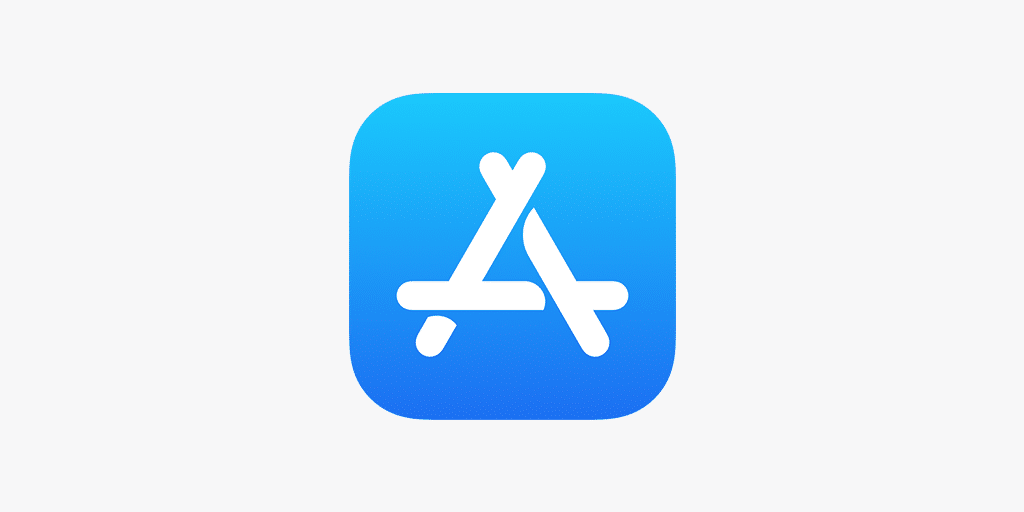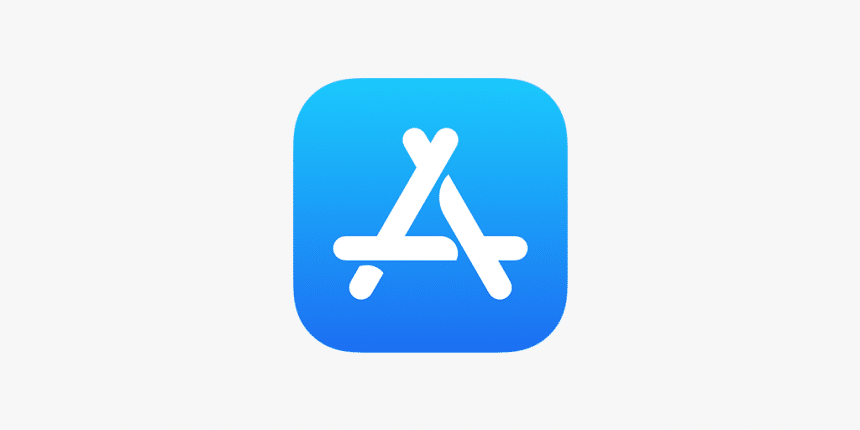Brazil has ordered Apple to allow third-party app stores and sideloading on iPhones within 90 days or face daily fines. The ruling, issued by Judge Pablo Zuniga of the Brazilian federal court, could reshape Apple’s control over its App Store ecosystem.
If Apple fails to comply, the company could face fines exceeding $40,000 per day. This decision follows similar regulatory pressure from the European Union’s Digital Markets Act (DMA), which forced Apple to enable sideloading in iOS 17.4.

Why Is Brazil Forcing Apple to Allow Sideloading?
Brazilian regulators argue that Apple’s App Store policies limit competition and prevent new developers from entering the market. Judge Zuniga emphasized that Apple has already complied with similar laws in other countries, without experiencing major disruptions to its business.
The case stems from a 2022 antitrust complaint filed by Brazil’s Administrative Council for Economic Defense (CADE). Regulators have long accused Apple of restricting competition by enforcing its 30% commission on in-app purchases and preventing developers from distributing apps outside the App Store.
Apple’s Response and Potential Appeal
Apple has pushed back against the ruling, arguing that sideloading could compromise user security and privacy. The company maintains that iPhones and iPads are safer when apps go through strict App Store guidelines.
In a statement, Apple said it “believes in vibrant and competitive markets” but warned that allowing third-party app stores could expose users to malware, scams, and fraud. The company has already appealed similar rulings in Europe, and legal experts believe Apple could challenge Brazil’s decision as well.
What’s Next for Apple in Brazil?
If Apple complies, Brazilian iPhone users could soon install apps from third-party stores, similar to users in the EU. However, Apple may attempt to delay enforcement through legal action, extending the dispute for months.
This case highlights the growing global pressure on Apple’s App Store policies. Whether Apple wins its appeal or not, regulators worldwide are pushing for greater app distribution freedom—which could reshape the future of iOS.












